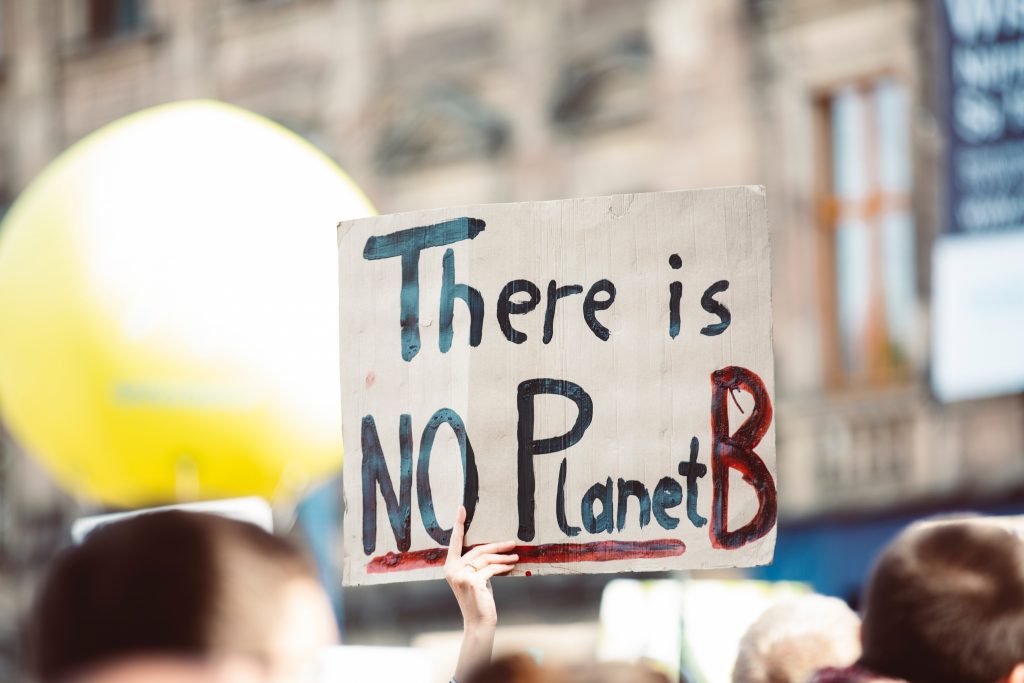How do you measure a country’s prosperity? Do we measure productivity – and if so, what if greater productivity comes at the expense of the physical or mental health of workers? Or if the benefits of increased productivity are not well distributed?
These questions have been around since the early 1970s when Bhutan started measuring “gross national happiness”. Still, since the early 20th Century most countries have relied on the gross domestic product (GDP), which is the total value of goods and services produced by a country. Greater GDP means greater prosperity, according to politicians and economists who believe that economic growth benefits everyone.

That belief is increasingly being challenged. Nobel Prize-winning economist Joseph Stiglitz argues that GDP does not measure the “existential crises” facing the world: “a climate crisis, an inequality crisis and a crisis in democracy”. A possible solution to the latter two challenges is to measure – and seek to improve – wellbeing. That requires action not only from governments, but from employers too.
Growing political awareness of wellbeing
In December, Katrin Jakobsdottir, Iceland’s prime minister, announced plans to emphasize “well-being and inclusive growth”. Her announcement follows a similar move from New Zealand, whose prime minister Jacinda Ardern unveiled a wellbeing budget in May 2019, prioritizing new spending on “mental health, child well-being, indigenous people and a low-carbon-emission economy”. A third politician, Scotland’s Nicola Sturgeon, has also emphasized the need for a “wellbeing economy”.
“Research suggests that people in wealthier countries are on average happier than those in poorer ones. Yet it is becoming clear that these citizens care about more than average growth,” Pinelopi Koujianou Goldberg, chief economist of the World Bank, told the Thomson Reuters Foundation. “They value clean air and water, time with family, quality of work and life, and a more equitable distribution of income and wealth.”

Boosting wellbeing at work
If wellbeing-focused politics really can address the crises facing the world better than productivity measures, what can employers do to help? The first is to understand that the world of work is already changing. More businesses are finding that workers want flexible hours, remote working and a sense of purpose from their work. Increasingly, attracting the best employees will depend on being able to offer an environment that satisfies those needs.
The next step from that is an entire rethink of the social contract, with businesses moving away from employees and towards more flexible workers. Though the so-called gig economy is sometimes portrayed as a precarious situation for workers, research by the Adecco Group has found that more people are choosing to work flexibly because it allows them to achieve broader goals. Meanwhile, one of the most rapidly growing parts of the gig economy is independent professionals – highly skilled, experienced experts in their field.

Finally, there are more innovative approaches, such as Win4Youth, which allows companies with employees who participate in sport to turn that activity into fundraising for young people across the world. Not only does this enhance the sense of purpose and camaraderie felt by employees, but also encourages employees to keep active, which in itself has a positive effect on health and wellbeing.
We spend a third of our lives working, so employees and the workplace have a major role to play in delivering and improving the wellbeing goals set by politicians.



